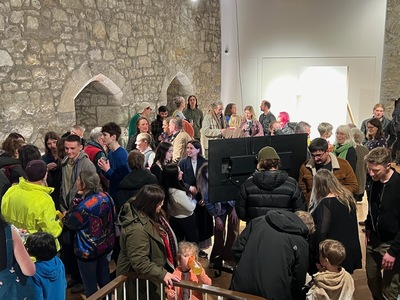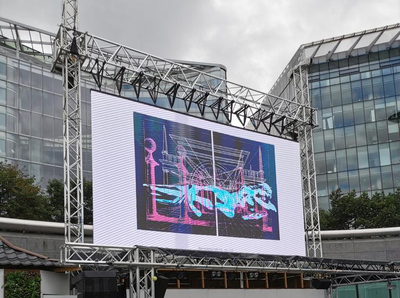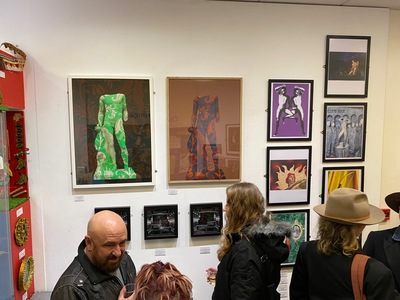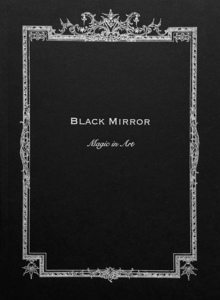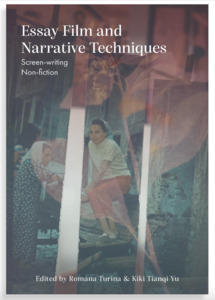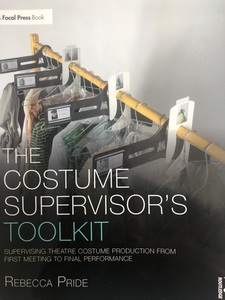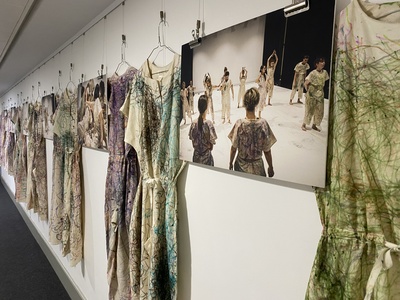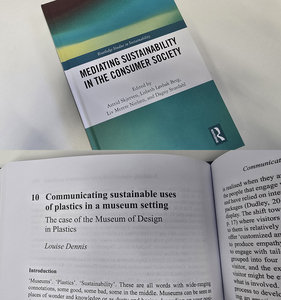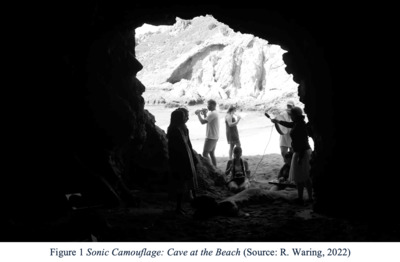The global pandemic forced the film industry to adapt its practices. The primary driver of these changes was the economic imperative for production to continue. Similarly, film production courses had to deploy new methods to enable student films to be produced. Through this process new and often creative working methods were devised. This necessity for change also allowed for a critical reassessment of standardised industrial filmmaking - this emphasised that until this point there had been a general unwillingness to reflect upon the industrial production and educational norm, with its ecological unsustainability, exclusive practices and embedded hierarchies. So, the imposing of ‘restrictions’ in fact became an opportunity for creative discovery and to rethink practice related possibilities.
In this paper the authors will draw on their experience of teaching MA Film Practice, at Arts University Bournemouth, and the need to reimagine disciplinary engagement and devise new curriculum components. This process transformed restrictions into ‘creative parameters’. It also focused the course’s practice based research ethos and enhanced the student reflexive and reflective development. These innovations are now embedded in the course’s structure and have facilitated a departmental debate concerning ‘standardised’ working methods (copying historical normative models), and how we can foster a more inclusive and inventive learning environment.
Further to this, the graduating students, now emerging reflective practitioners – more socially, ethically and conceptually aware – can potentially affect new standards and approaches to film production, and in doing so promote original and diverse work, as well as embracing inclusive and ecologically sustainable methodologies. This paper will consider the instructiveness of this academic innovation and its potential to inform future film practice.
 |



 Lists
Lists Lists
Lists


